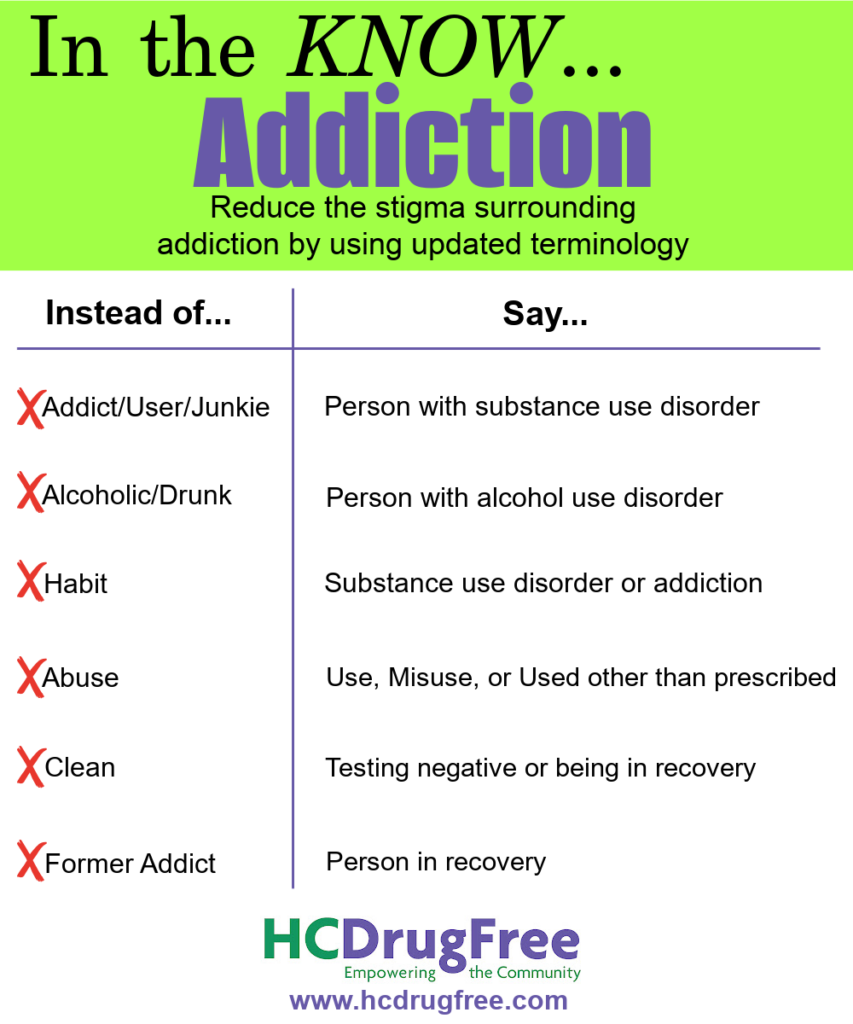When discussing addiction, it is crucial to be mindful for the language we use, as it can significantly impact the well-being of others and contribute to the stigma surrounding substance use disorder (SUD). By adopting person-first language and avoiding stigmatizing terms we can reduce negative bias and foster a more compassionate and supportive environment for individuals seeking help or in recovery.
Understanding Stigma and Addiction
Stigma is a form of discrimination that targets specific groups or individuals. In the case of addiction, stigma often arises from misconceptions that it is a moral failing rather than a treatable illness. These false beliefs lead to stereotypes and negative attitudes.
The Impact of Stigma on Individuals with Addiction
Stigma poses a significant barrier to seeking help for individuals with addiction. It not only discourages them from reaching out for support but also affects the quality of care they receive. Stigmatizing language shapes our perceptions and hampers our ability to provide understanding and assistance.
Embracing Compassionate Communication
As a community, we have a crucial role in challenging stigmatizing behaviors and fostering empathy. Person-first language helps us see individuals beyond their condition, emphasizing their humanity. Using terms like “person with addiction” respects their dignity and promotes understanding.
Combatting Stigma: A Collective Effort
Overcoming the challenges of addiction requires a collective effort to combat stigma. By adopting compassionate language and person-first terminology, we can foster a community that understands, supports, and embraces those affected by addiction.
Additional Resources
For a more comprehensive list of updated terms please download this helpful resource from NIDA – Words Matter: Terms to Use and Avoid When Talking About Addiction.
NIDA – Words Matter: Preferred Language for Talking About Addiction
Dr. Nora Volkow – Addressing the Stigma that Surrounds Addiction





